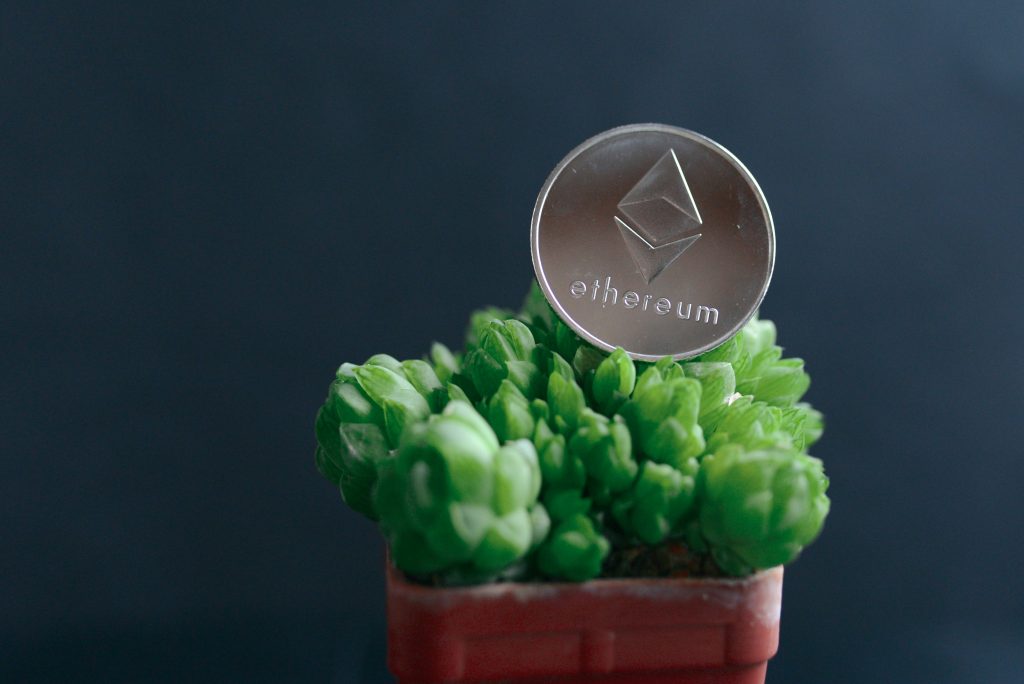Blockchain technology is rapidly reshaping industries globally, from financial services and healthcare to supply chain management and real estate, blockchain can drive innovation, improve transparency, and bolster security. In this article, we explore how blockchain can make a significant impact across key sectors in Australia.

Australia’s financial sector is well-positioned to harness the transformative potential of blockchain technology, where its decentralised nature offers a profound shift in how financial systems operate, driving innovation and improving efficiency across the board.
By incorporating blockchain, Australia could significantly streamline financial operations, offering a faster, more secure, and more transparent financial system. The potential to disrupt traditional banking methods and provide more accessible and efficient services is immense.
Blockchain eliminates intermediaries, speeding up transaction times and reducing the risk of human error.
With blockchain, cross-border transactions can be processed more efficiently and cost-effectively, offering a more seamless global financial experience.
Blockchain’s immutable nature makes it highly secure, helping to prevent fraudulent activity and protect personal data.
In Australia, industries such as agriculture and retail are beginning to embrace blockchain to track goods from their origin to their final destination, ensuring product authenticity and preventing counterfeiting.
With blockchain’s ability to create immutable records of every transaction, businesses can significantly enhance traceability in industries like beef, wine, and seafood exports. This innovation has the potential to streamline supply chain operations, reducing fraud and errors while increasing trust among consumers and partners alike.
The ability to verify each step of a product’s journey is a game-changer, ensuring the integrity of Australian exports and enhancing their reputation globally.
Blockchain technology holds immense potential to transform the healthcare and pharmaceutical industries in Australia, by providing a secure, tamper-proof system for managing patient records, billing processes, and pharmaceutical supply chains, while significantly enhancing both privacy and data integrity.
Blockchain’s ability to create immutable records means that medical data can be safely shared between healthcare providers, improving patient care and reducing the risk of errors or fraudulent activities. Additionally, blockchain has the potential to address one of the pharmaceutical industry’s most pressing challenges—counterfeit drugs—by tracking and verifying every step of a drug’s journey from production to distribution.
By leveraging blockchain, Australia’s healthcare system may be more interconnected, efficient, and secure, paving the way for more innovative and patient-centered care.
Blockchain offers a highly secure method for storing and sharing sensitive medical records, ensuring patient confidentiality and data integrity.
Blockchain enables seamless data sharing between different healthcare institutions, fostering collaboration and improving patient outcomes.
Blockchain can track the entire lifecycle of pharmaceutical products, ensuring their authenticity and preventing the entry of counterfeit drugs into the market.


Blockchain technology has the potential to dramatically transform government and public services in Australia by enhancing transparency, security, and efficiency. Australian government agencies are exploring the use of blockchain for applications like identity verification, voting systems, and record-keeping, recognising its ability to streamline public administration and reduce bureaucratic inefficiencies. By leveraging blockchain’s secure, transparent nature, government services could become more accessible and reliable. Blockchain can provide citizens with digital identity solutions that are tamper-proof, while also enabling voting systems that ensure the integrity and transparency of elections.
Blockchain may offer a secure and verifiable digital identity, enabling easier access to government services while protecting personal data.
Blockchain could create secure, transparent voting systems that ensure the accuracy of election results and eliminate the risk of fraud.
Blockchain enables peer-to-peer energy trading, allowing consumers to directly exchange excess solar energy, reducing reliance on central energy grids.
